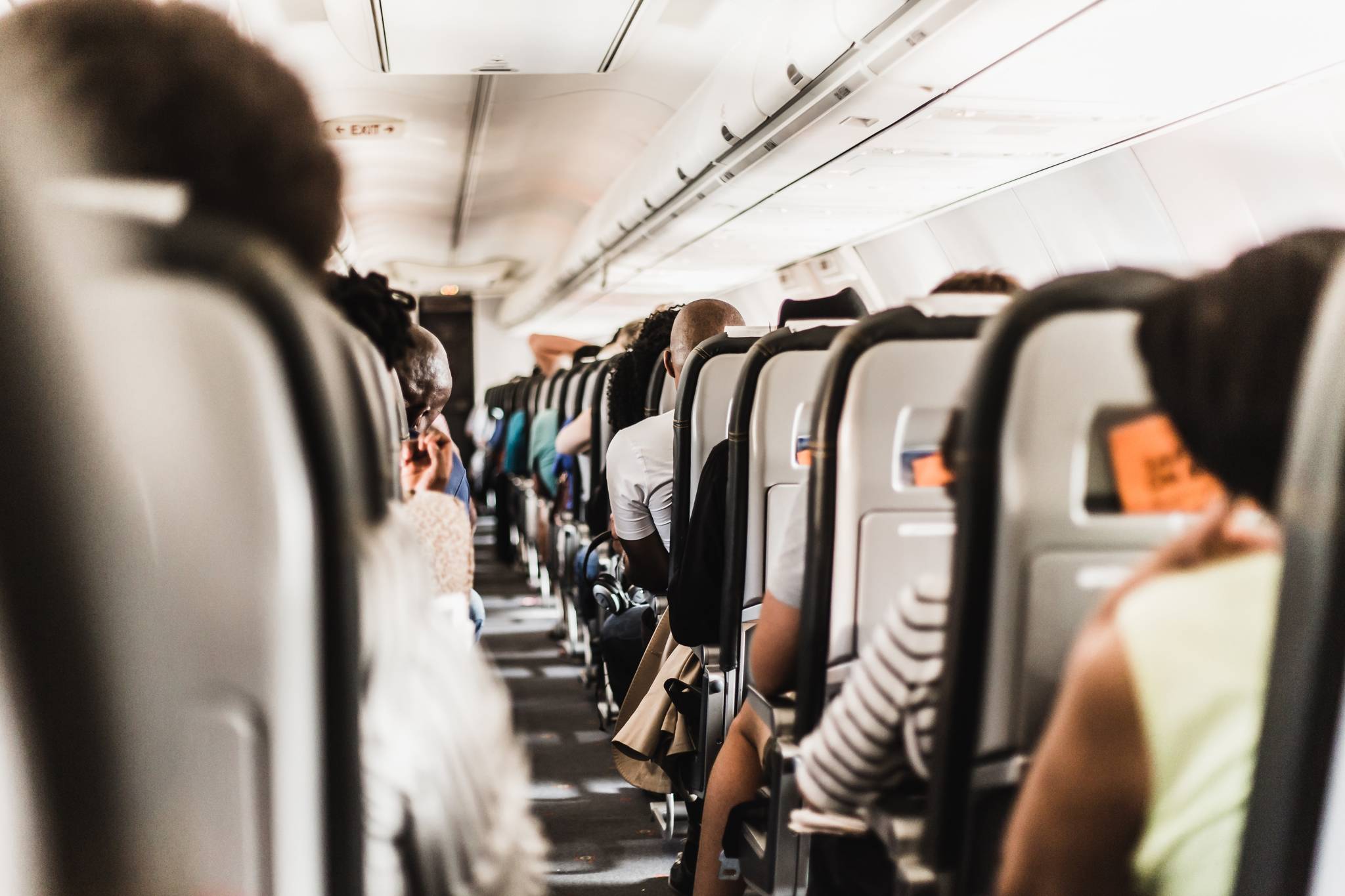Travelers coming into Juneau from outside the state or a community with COVID-19 cases must self-quarantine for two weeks, per a new resolution that passed Sunday.
City and Borough of Juneau Assembly held a long special meeting that resulted in a 6-3 vote passing the quarantine mandate and a decision to delay a “hunker mandate” discussion until a special 5 p.m. Monday meeting. Needed health care workers and “essential critical infrastructure workers” in fields identified in a state health alert are exempted from the mandate. The resolution is effective through April 16.
Critical workforce infrastructure includes transportation and logistics, agricultural operations, fishing, fish-processing, energy, critical manufacturing, raw material production such as mining and timber, water, wastewater, sanitation, government functions, public safety and first responders, health care and public health, financial services, communications and defense.
[Read live coverage of the meeting here]
The special meeting concluded hours before Juneau’s first confirmed COVID-19 case was announced.
Mayor Beth Weldon and Assembly members Loren Jones and Wade Bryson voted against the resolution. Assembly members Carole Triem, Rob Edwardson, Michelle Bonnet Hale, Alicia Hughes-Skandijs, Greg Smith and Maria Gladziszewski voted for mandating self-quarantine.
“I support this resolution, and the reason I support it is to flatten the curve,” Edwardson said.
Flattening the curve has been something of a rallying cry among public officials and people urging others to change their behavior to avoid spreading COVID-19. It references graphical representations showing the virus’ exponential spread and reducing the peak of such graphs.
Weldon said she did not support the resolution because it could not practically be enforced. She said Juneau does not have the personnel or the space to enforce a mandatory quarantine.
However, supporters said the existence of the self-quarantine mandate will have a positive effect.
Edwardson said he believes most people will follow the local law. He said a law on the books gives people and employers a reason to do the right thing.
An amendment to the resolution that exempted critical workforce infrastructure was divisive and passed 5-4.
Triem, Edwardson, Jones, Weldon and Bryson voted for it. Hughes-Skandijs, Smith, Gladziszewski and Hale voted against. Those who opposed the amendment wanted the self-quarantine mandate to apply to as many people as possible.
“We are trying to make sure the people in Juneau stay alive,” Hale said. “We have flights from Seattle into Juneau every single day, and Seattle is exploding with cases.”
Smith said economic crisis seems unavoidable in light of the pandemic, so it did not make sense to exempt workers.
However, Bryson and others said if critical workers are needed in Juneau, the city will want them in service as quickly as possible.
Throughout the meeting, Assembly members, including Triem who voted for the resolution, said the resolution strips Juneau residents of rights. Triem said the full gravity of the decision needed to be acknowledged, and she felt members were being too flippant about that.
Hale said she did not think the Assembly was dismissive of the weight of the decision, and other members said exceptional action must be taken in the interest of public health.
“This is truly the definition of unprecedented,” she said.
• Contact reporter Ben Hohenstatt at (907)523-2243 or bhohenstatt@juneauempire.com. Follow him on Twitter at @BenHohenstatt.

